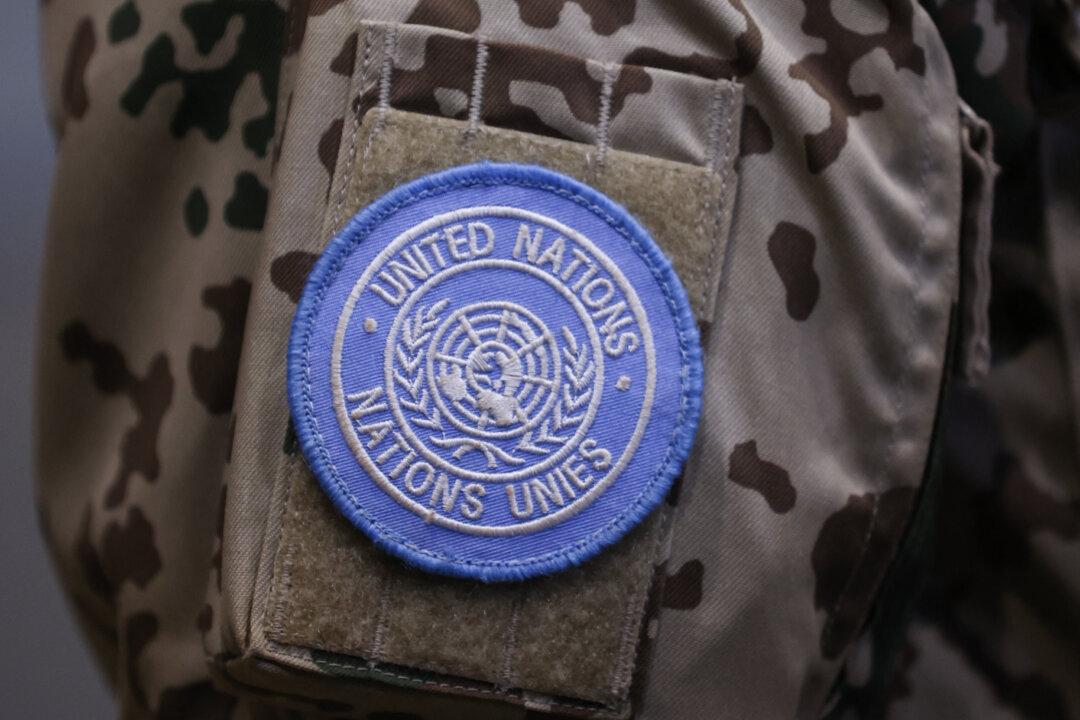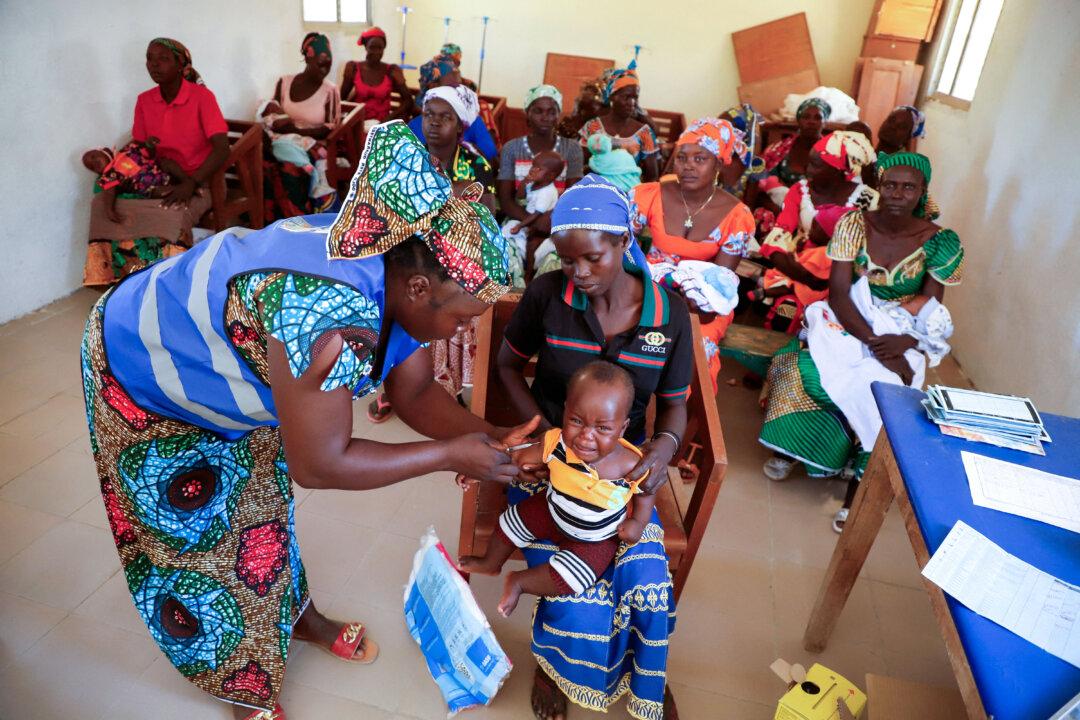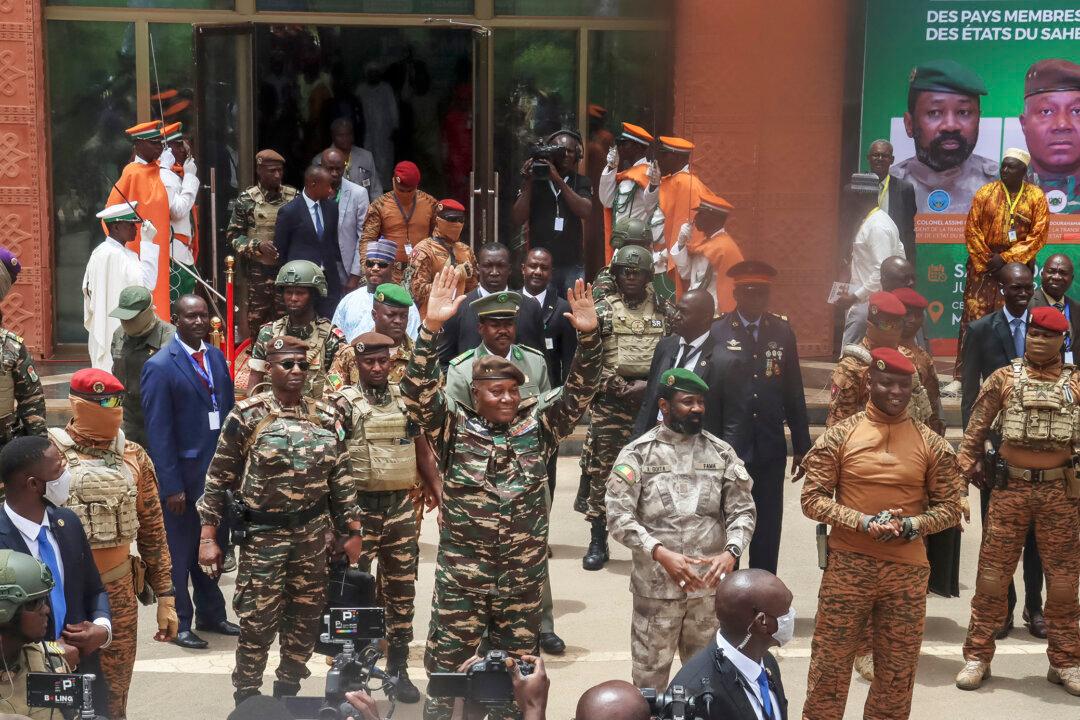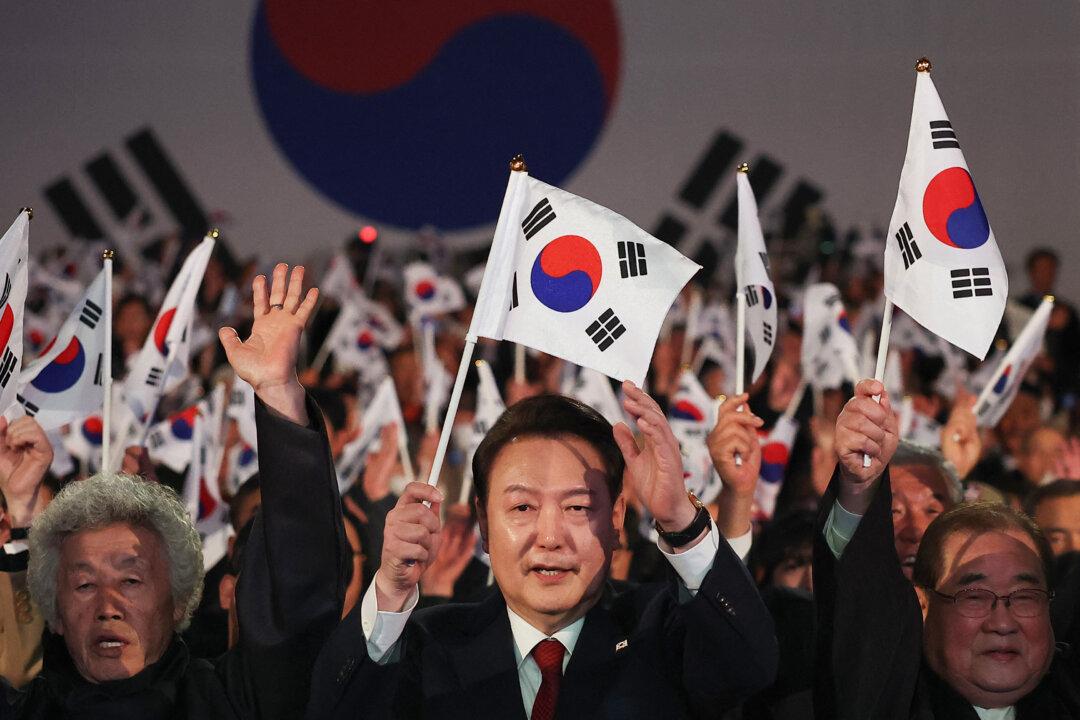YAOUNDE, Cameroon—Mali’s army says it has successfully retaken the key Aguelhok territory in the country’s tense northern Kidal region without “major clashes” as the country struggles to fill the security vacuum left by peacekeepers of the U.N. mission in Mali (MINUSMA).
The West African military-led government accused U.N. troops in late October of leaving their base in the area without waiting to hand it over to Malian soldiers, thereby leaving space for terrorists to take over. An Islamist insurgency erupted in 2013 in northern Mali and quickly spread to other parts of the Sahel—a vast and dry stretch of land between the Sahara Desert and the savannah farther south. MINUSMA was deployed in the same year to prop up Mali’s security amid attacks from jihadis linked to the al-Qaeda and ISIS terrorist groups, as well as a Tuareg-led separatist revolt.





